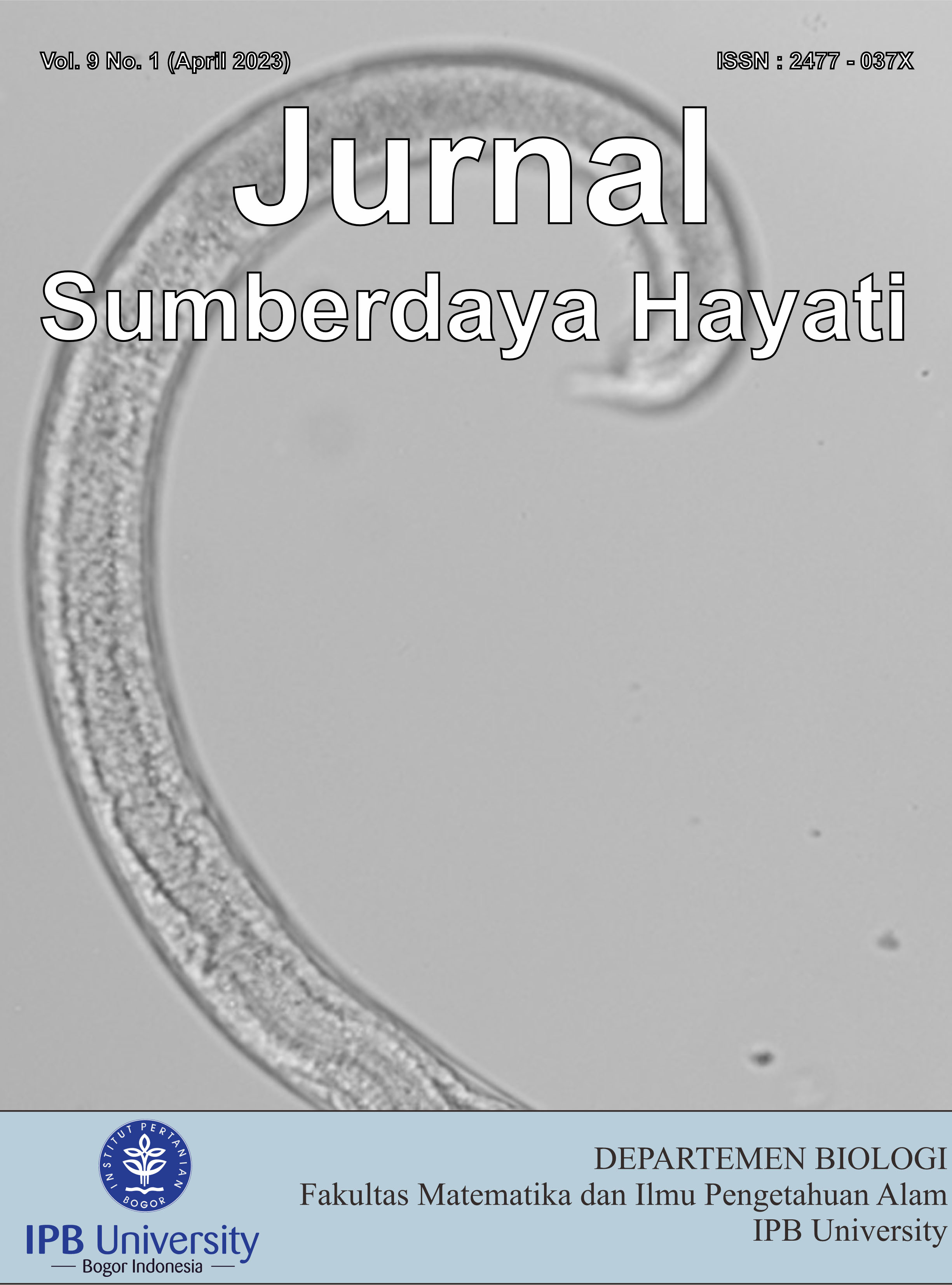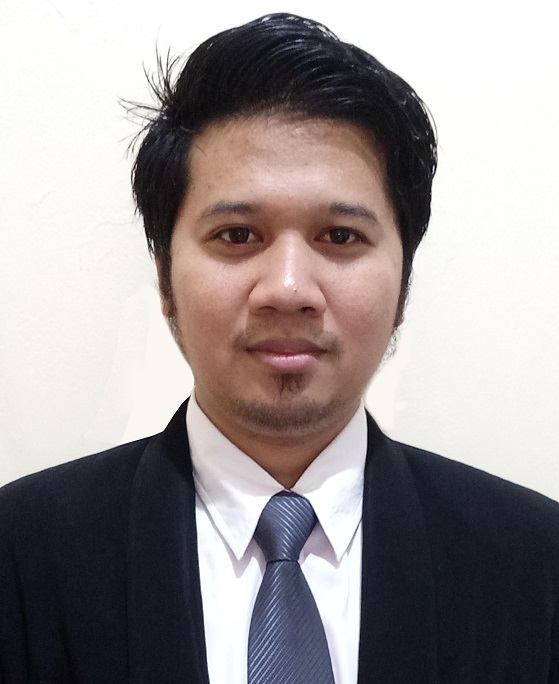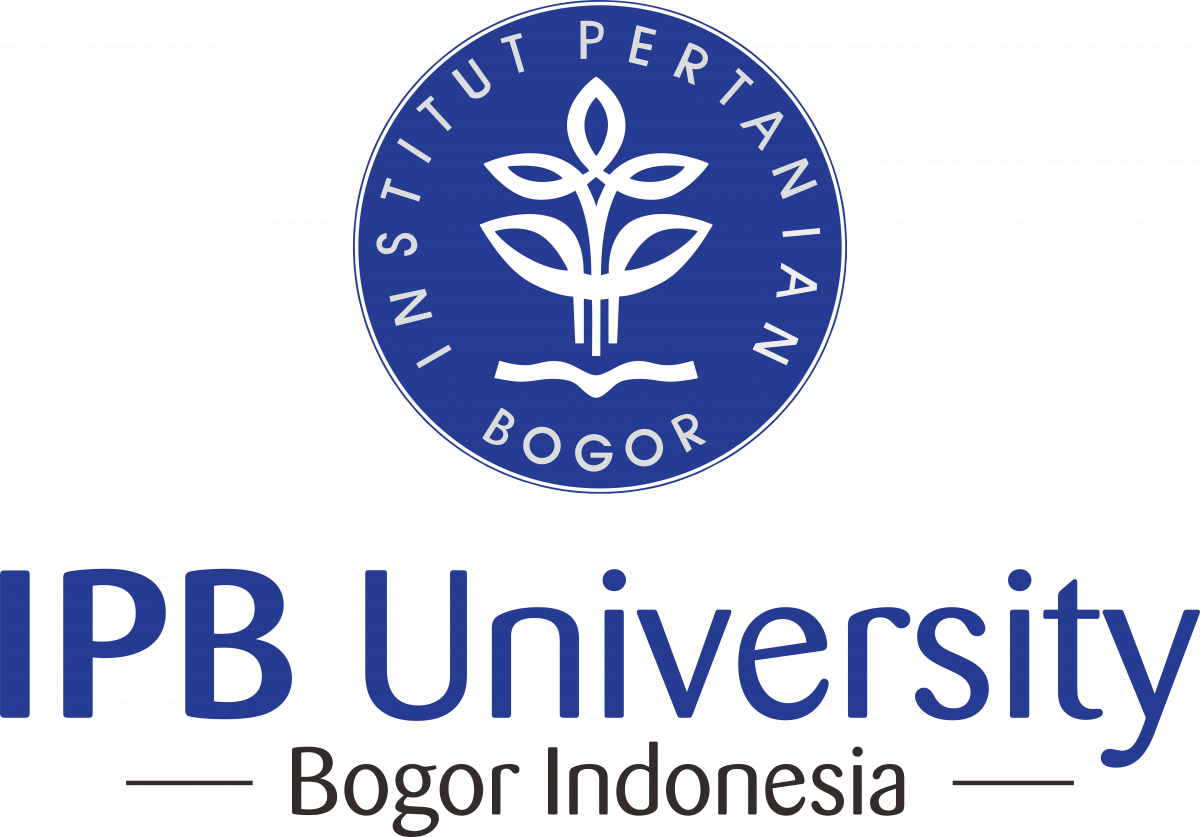Potensi Urban Beekeeping dalam Pencapaian Tujuan Pembangunan Berkelanjutan: Studi Kasus di Kota Bandung
The Potential of Urban Beekeeping in Achieving Sustainable Development Goals: A Case Study in the City of Bandung
Abstract
Urban Beekeeping is the activity of maintaining honey bee colonies in urban areas, which generally have a more friendly habitat for bees with lower pesticides used on plants and trees. Studies on the relationship between urban beekeeping activities and their potential in achieving sustainable development goals are not widely known, especially in Indonesia. The direct neighborhood involvement of citizens by nurturing stingless bees in their neighborhood has excellent potential in achieving Sustainable Development Goals (SDG). Urban beekeeping has the potential to diversify ecosystems and improve environmental governance better. Using the identification of common themes, three components (environmental, social, and economic) with a total of 17 indicators that appear in urban beekeeping activities contribute to 75% of the main priority areas and 52.94% have the potential to play a role in achieving Sustainable Development Goals.
Downloads
Authors who submit and publish with this journal agree to the following terms:
1. Authors retain copyright and grant the journal/publisher non exclusive publishing rights with the work simultaneously licensed under a Creative Commons Attribution 4.0 International License.
![]()









_1.png)



